Humans have a deep-rooted desire to understand the universe better. Many scientists theorize that the universe is not just made of mathematics but is mathematics. The universe isn’t made of mathematics; it is mathematics.
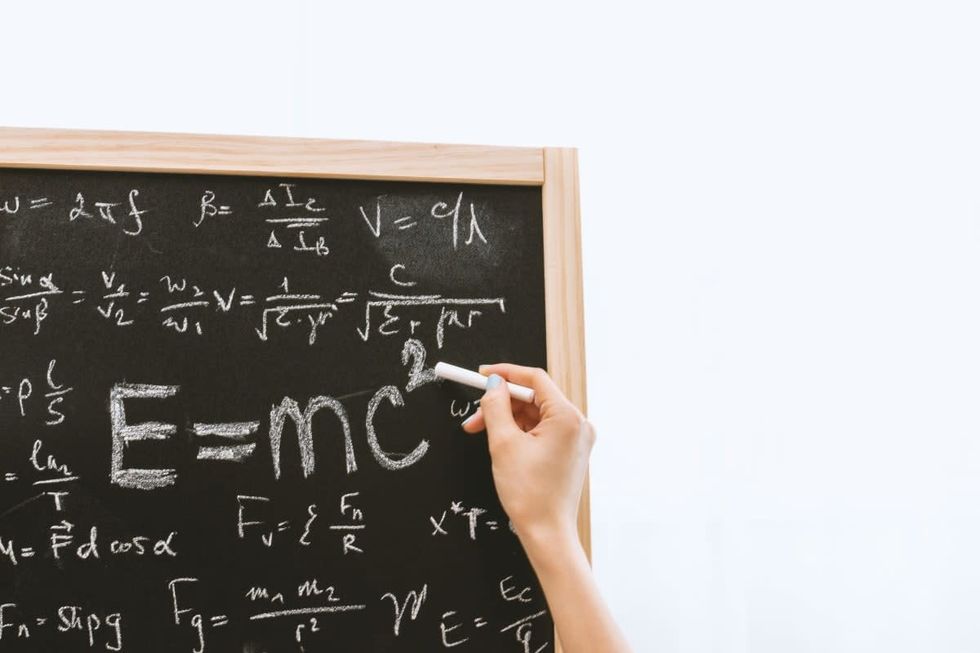
Ancient Egyptians and Greeks believed mathematics was key to understanding the world and reaching absolute truth, according to El Pais. Even the ancient ancestors who meditated in caves seemed to believe in this idea, which later took the form of “Vedic mathematics," as reported in the Journal of Mathematical Problems, Equations and Statistics.

In the 17th century, polymath Galileo Galilei famously stated that the universe is a grand book written in the language of mathematics. Looking out into the world, countless examples of mathematics are found in nature's creations. From the fractals of snowflakes to the shapes of planets, the Sun, the Moon, and stars, mathematics is everywhere.
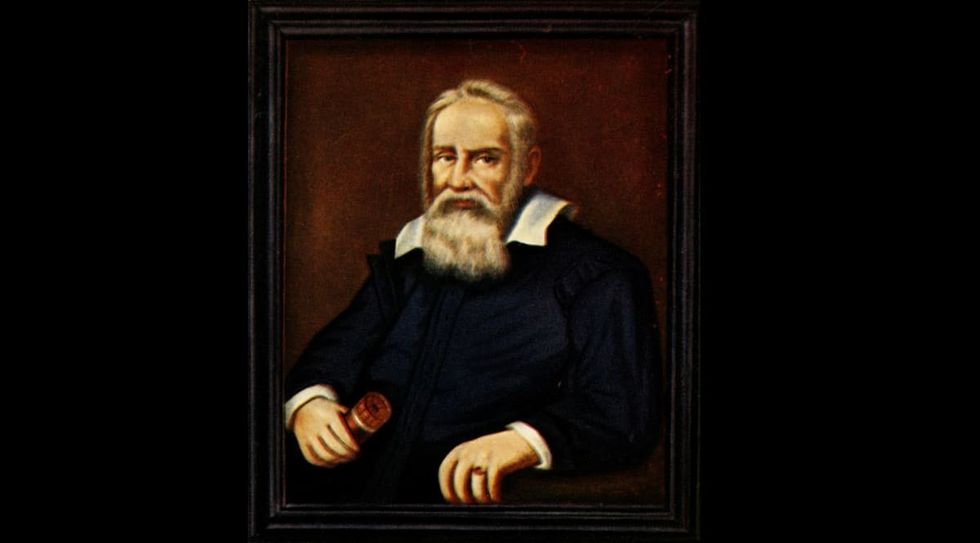
Nature is a tapestry sewn with chemical reactions and mathematical equations. Just look at the pebbles forming ripples or balls bouncing in parabolic trajectories. From seamless floral patterns that artists doodle in their sketchbooks to the golden ratio and Fibonacci sequence that fascinate mathematicians, the concepts of mathematics are visible in the symmetry, rhythm, and order of the universe.
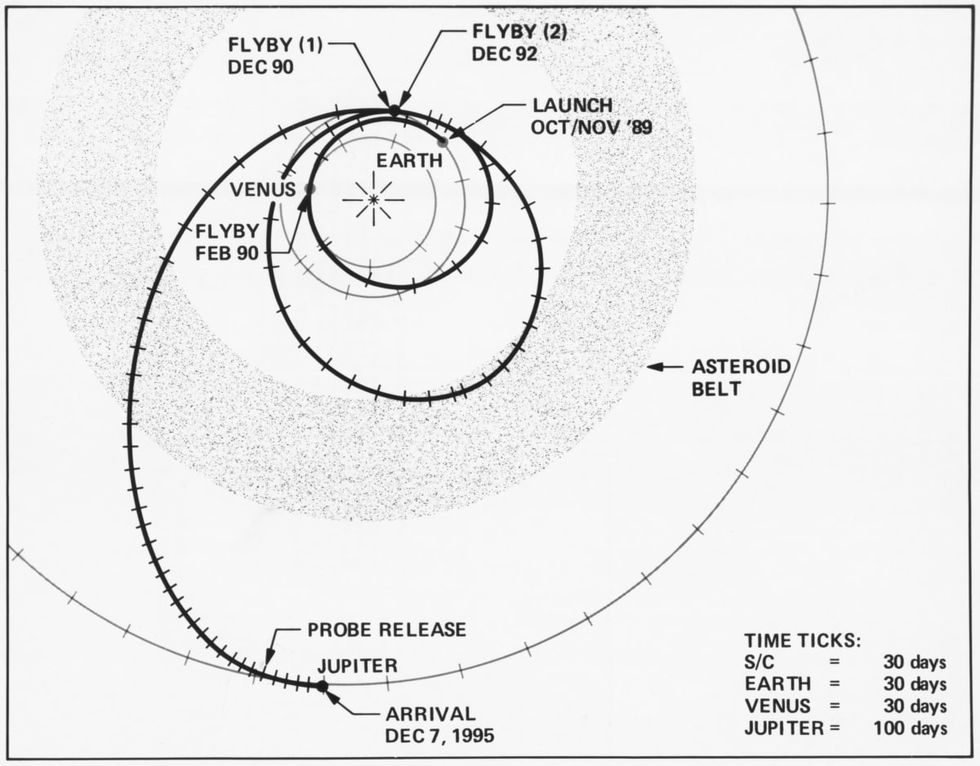
This is what cosmologist Max Tegmark believes. Tegmark is a professor at MIT and the author of "The Mathematical Universe: My Quest for the Ultimate Nature of Reality.” He is famous for proposing the “Mathematical Universe Hypothesis,” which has intrigued mathematicians, physicists and scientists alike. According to Tegmark’s hypothesis, the universe is one giant, unified mathematical object.

Tegmark stated that everything in this universe, including humans, is a part of this gigantic mathematical structure. All matter is made up of atomic particles, whose properties are shaped by this one mathematical structure. "If you accept the idea that both space itself, and all the stuff in space, have no properties at all except mathematical properties, then the idea that 'everything is mathematical' starts to sound a little bit less insane," Tegmark said, per Space.
He emphasized that mathematical existence equals physical existence. "There's an elegant simplicity and beauty in nature revealed by mathematical patterns and shapes, which our minds have been able to figure out," Tegmark added. The professor further pointed out that it was mathematics that first predicted the existence of the planet Neptune, radio waves, and the Higgs boson particle.
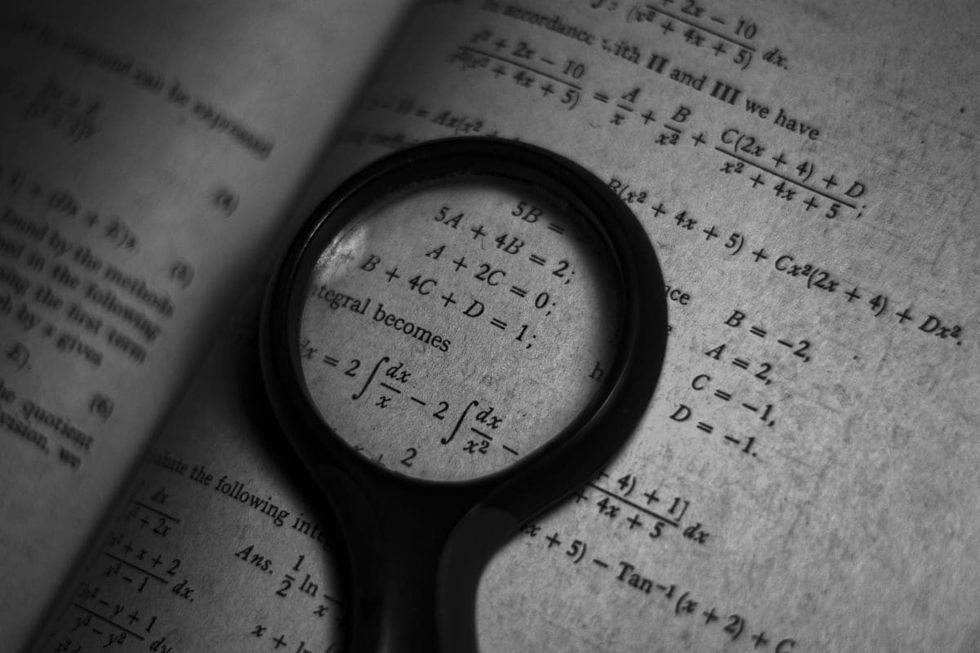
But as explained in most school classrooms, mathematics is much more than arithmetic and geometry. It is art and poetry. It can help a person understand the most sophisticated concepts such as gravity, magnetism, and electricity. Think Newton’s laws and Einstein’s energy-mass equation. But above and beyond this, it can help us understand the most mysterious structure in the universe, the human brain. “Someday, scientists will probably be able to describe even consciousness using math,” Tegmark said. "Consciousness is probably the way information feels when it's being processed in certain, very complicated ways."
He believes that mathematics is a powerful paradigm to derive some trailblazing understanding of the universe. From minus infinity to infinity, there is math, math everywhere!





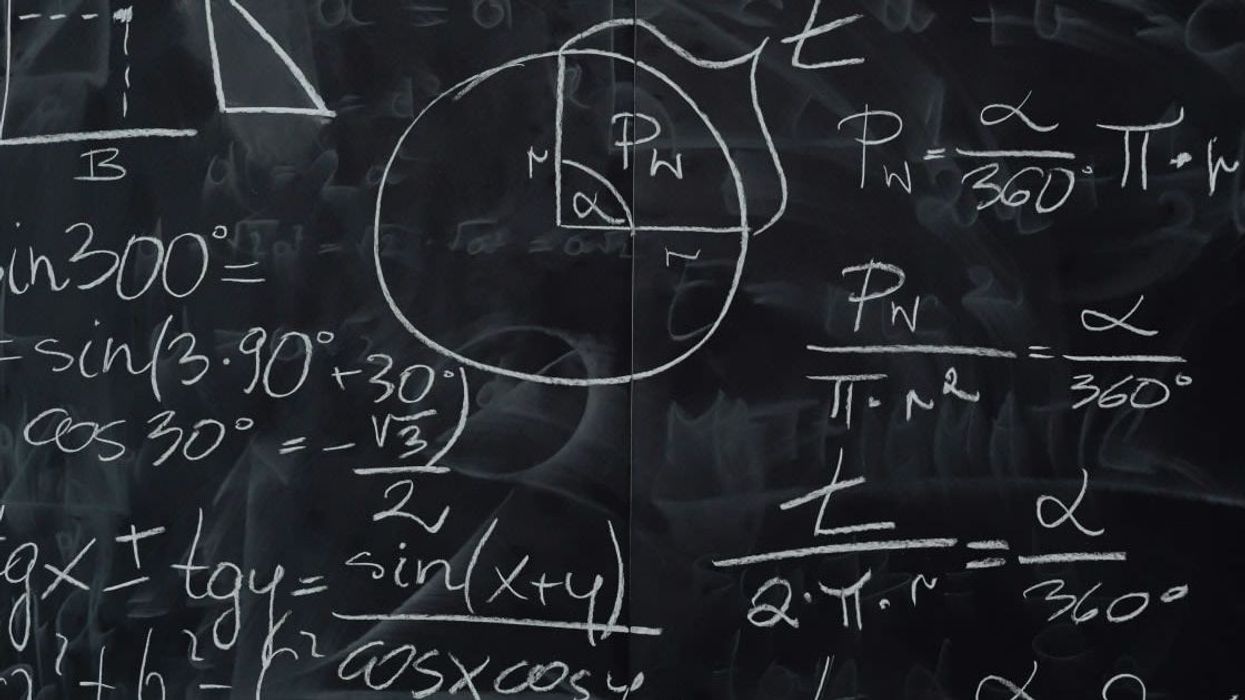













 A road near equatorial Atlantic OceanCanva
A road near equatorial Atlantic OceanCanva Waves crash against rocksCanva
Waves crash against rocksCanva
 Older woman drinking coffee and looking out the window.Photo credit:
Older woman drinking coffee and looking out the window.Photo credit:  An older woman meditates in a park.Photo credit:
An older woman meditates in a park.Photo credit:  Father and Daughter pose for a family picture.Photo credit:
Father and Daughter pose for a family picture.Photo credit:  Woman receives a vaccine shot.Photo credit:
Woman receives a vaccine shot.Photo credit: 
 Image artifacts (diffraction spikes and vertical streaks) appearing in a CCD image of a major solar flare due to the excess incident radiation
Image artifacts (diffraction spikes and vertical streaks) appearing in a CCD image of a major solar flare due to the excess incident radiation
 Brady Feigl in February 2019.
Brady Feigl in February 2019.
 Yonaguni Monument, as seen from the south of the formation.
Yonaguni Monument, as seen from the south of the formation. 
